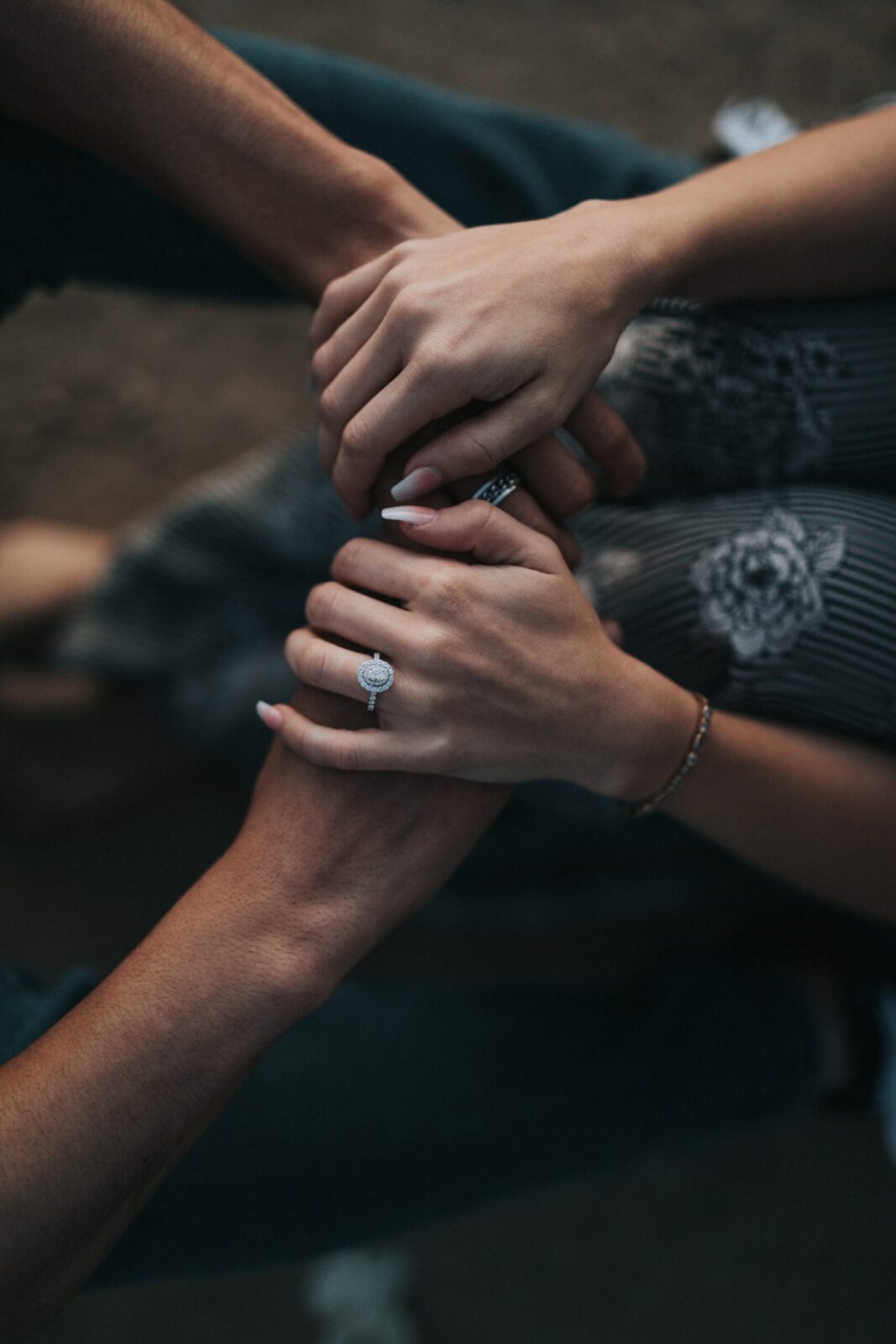How Will You Reconnect with Others in Our Post-Pandemic Society?
“How can you advise me to spend less time looking at my screens?” more than a few people have asked me after seeing the title of my book, Screened In: The Art of Living Free in the Digital Age. “During the pandemic, my screens are all I have to connect with others.”
Feeling Stressed? Connect
Actually, despite the myriad promises to the contrary, texting or emailing rarely leads to the social connection we so desperately need to buffer the loneliness, anxiety and trauma of the pandemic. A clever study led by Leslie Seltzer at the University of Wisconsin found that girls who were asked to perform math problems in front of strangers, increasing their stress levels, who then instant messaged with their mothers experienced no decrease in cortisol, a biomarker of stress; nor did they experience an increase in oxytocin, a neuropeptide associated with the warm feelings of closeness in a positive relationship.
When these girls interacted with their mothers in person or by phone after the stressful math performance, on the other hand, they did experience a reduction in cortisol and an increase in oxytocin. In other words, they felt less stressed and more connected with their mothers only by interacting face-to-face or on the phone, but not through electronic communication.
What lessons does this study hold for the rest of us after our stress levels have skyrocketed—not from working out math problems in front of strangers for half an hour but from side-stepping and wearing masks in front of strangers for over ten months? Stop texting and call. Defect from the heads-down tribe, lift up your forehead and use your phone as …. a phone. Stop messaging ten people trivial chunks of information and call one person you care about and start connecting.
And then, as soon as conditions allow, leave your phone at home and spend extended periods with your family and friends—regularly. Why? Because we as human beings need physical contact and socioemotional support to not only survive, but thrive in our lives.
Sensitive to the Touch
Let’s first consider physical contact. A study led by Berkeley neuroscientist Darlene Francis found that rat pups whose mothers groom and lick them frequently actually develop a stronger immune system and grow up more resilient to stress.
“OK, but do these findings hold up among humans?” you may be thinking.
To find out, University of Virginia neuroscientist Jim Coan subjected married women to the threat of electric shock while in a functional magnetic resonance imaging (fMRI) scanner. Some of the women held their husband’s hand, others held the hand of a male stranger (strictly platonic, husbands were assured), and others were subjected to this source of stress with no hand to hold at all.
When the women were holding their husband’s hand, and to a lesser extent a male stranger’s hand (but not when they had no hand to hold), their neural systems that support behavioral and emotional responses to threat became less active. The higher the quality of the marriage, the more human touch reduced the woman’s stress-related response to threat.
What does this finding mean? Physical contact decreases the hyper-sensitivity to threat of our nervous system, especially when it’s the touch of someone we trust and with whom we have a healthy relationship. Yet even the touch of someone we have no relationship with at all can make a difference in reducing our physiological responses to threat. Perhaps this is one of the reasons we choose to get a massage, have our nails done or hug our friends.
Are You There for Me?
The socioemotional support we give to and receive from others is just as important. Research based on data from three longitudinal studies begun in the 1920s and 1930s (life events included the Great Depression and World War II) examined why some individuals crumble subsequent to adversity while others sustain their well-being. Both children and adults who received frequent social support by dint of being embedded in strong social networks were more likely to find meaning and purpose in the adversity they experienced than those who did not receive strong social support.
Social support is not only needed in adversity, but also in good times. A study of 79 dating couples by University of California Santa Barbara social psychologist Shelly Gable found that, when it comes to both relationship well-being and dissolution, supportive responses to positive news bear more influence than supportive responses to negative news.
Hence, it seems that, in sickness and in health, giving and receiving social support with the people we care about is a Number One activity that should be ratcheted up in priority. How? Offline. Now by phone and mask-wearing social encounters and soon much more freely in person after the pandemic.
What have you been doing to find deeper connection with others as we emerge from this long isolation? We’d love to hear in the comments below!




